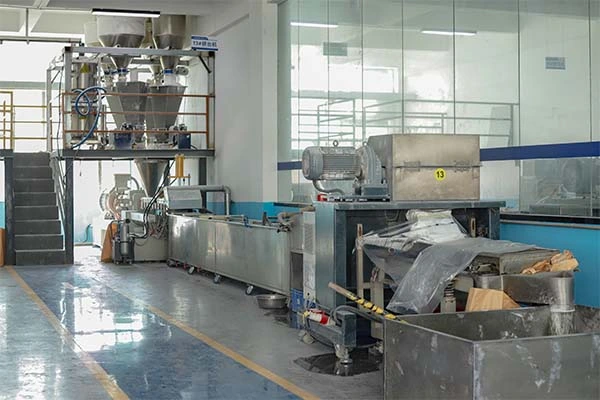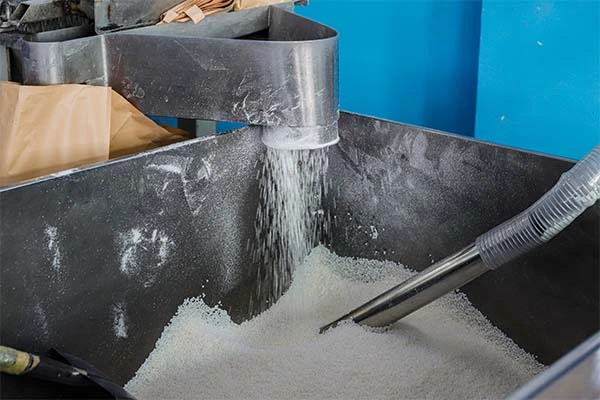TPR Resin (Thermoplastic Rubber Resin)
TPR resin families
TPR Resin: Engineered for Demanding Applications
What is TPR Resin? TPR (Thermoplastic Rubber) is a class of polymer materials that combine the processing advantages of thermoplastics with the performance and flexibility of traditional rubber. TPRs are typically based on styrenic block copolymers (SBCs) and offer excellent elastic recovery, slip resistance, weatherability, and recyclability.
As a trusted TPR resin supplier, Suke Plastics can provide customized TPR compounds for a wide range of applications across automotive, consumer goods, footwear, toys, medical devices, and industrial components.


TPR Resin Line Card
No post found!
Key Properties of TPR Resin
Applications of TPR Plastic:
Our TPR resin is trusted by engineers for critical components in:
TPR vs TPE
Choosing the Right Plastic for Your Application
| Property | TPR (Thermoplastic Rubber) | TPE (Thermoplastic Elastomer) |
| Elasticity/Flexibility | High elasticity, rubber-like feel with excellent rebound | Similar elasticity, but varies by grade |
| Temperature Resistance | -40°C to 120°C | -50°C to 135°C |
| Chemical Resistance | Resists oils, acids, and mild solvents | Moderate resistance (varies by formulation) |
| Processing Ease | Easy to mold, extrude, and recycle (thermoplastic) | Similar to TPR, but some grades require specialized equipment |
| Cost Efficiency | Low-to-mid cost, recyclable scrap | Mid-to-high cost (depends on grade) |
| Environmental Impact | 100% recyclable, REACH/FDA-compliant options | Recyclable but limited biodegradability |
| Key Applications | Footwear, automotive seals, grips, soft-touch goods | Medical devices, seals, grips |
TPR Resin FAQs
Request a Quote Today
Looking for high-performance TPRresin for your next project? Contact us today to request a technical datasheet, free sample, or a custom quote. Our technical team will help you select the best TPR grade to optimize your product performance and processing efficiency.
